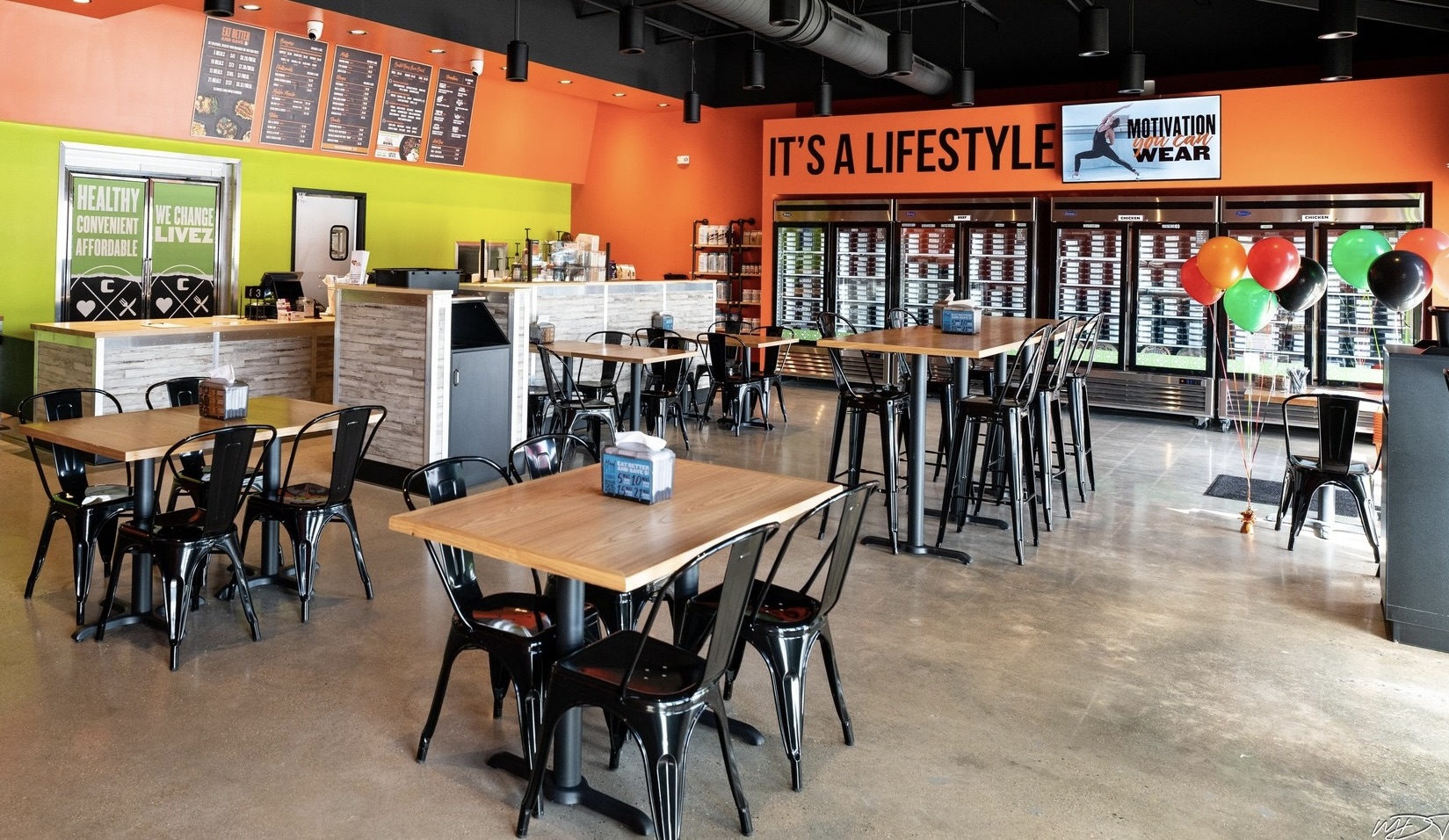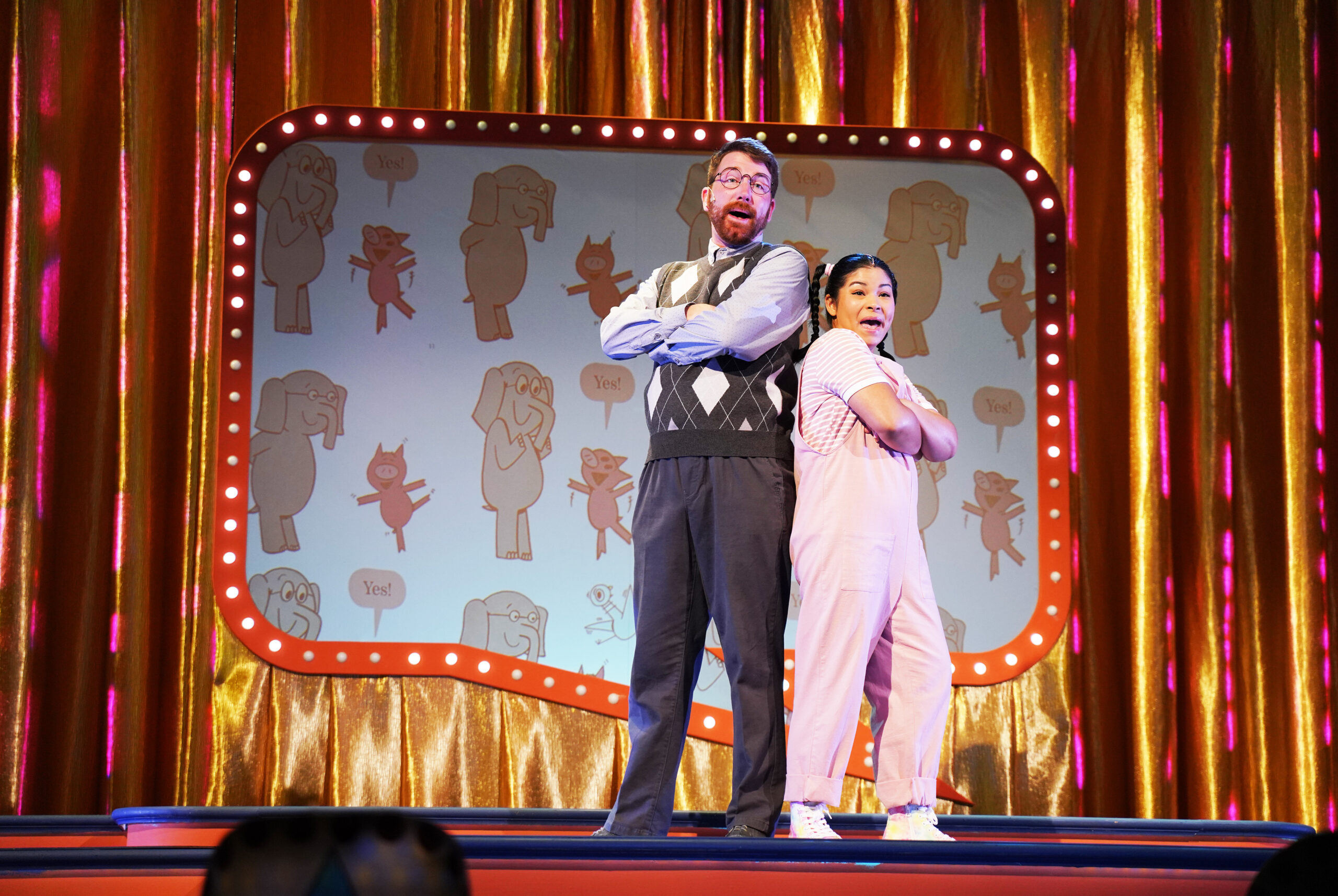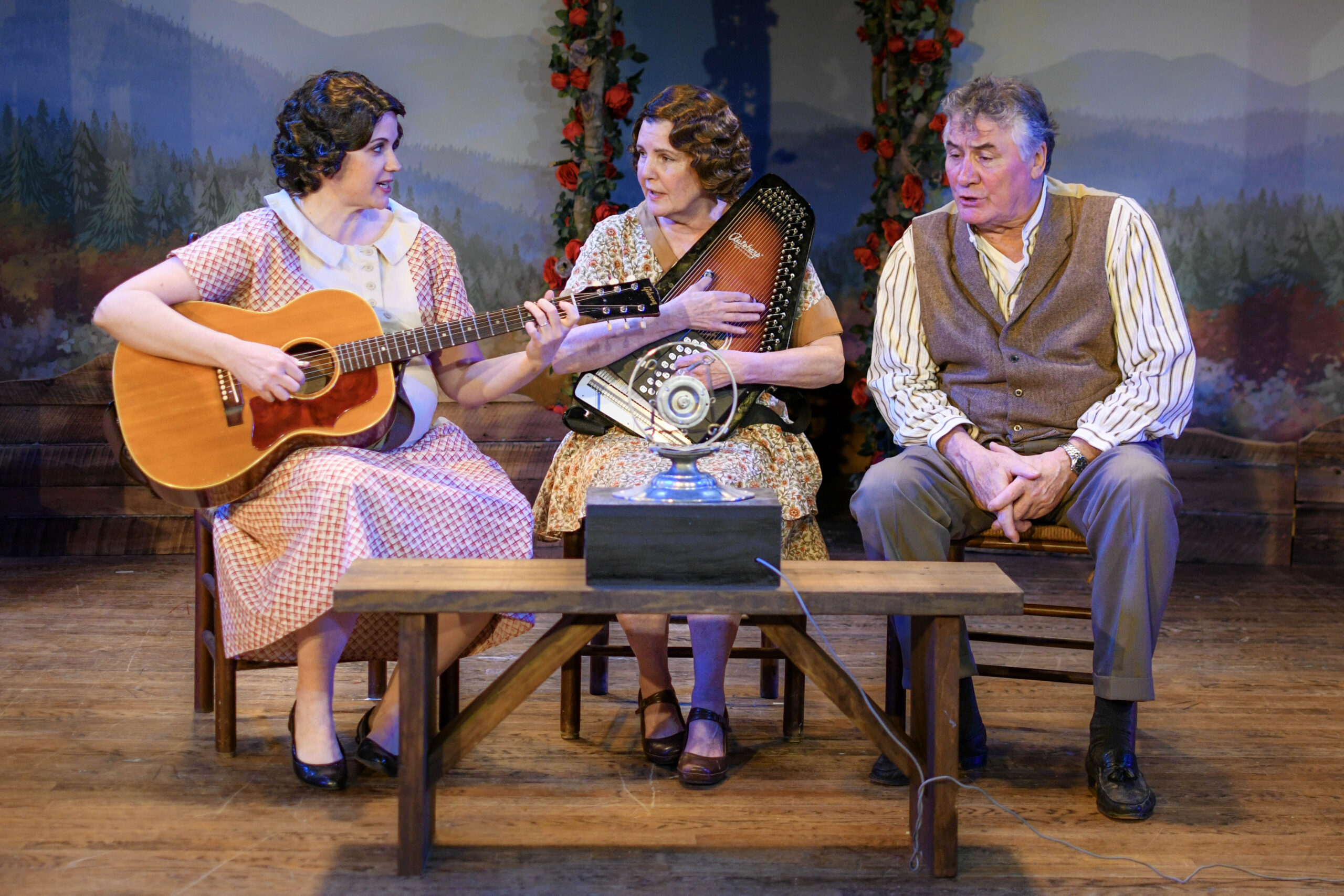The Richmond Symphony education team took the leap to launch a new community music school amidst a pandemic. Collaborating with educators and musicians from a variety of backgrounds to develop curriculums, the Richmond Symphony School of Music (RSSoM) is laying the foundation for a brick-and-mortar school that will continue to grow and serve Richmond.
During the pandemic, while many families and businesses are hoping for a return to normal, the Richmond Symphony Education team is dreaming bigger: seizing the opportunity to improve the music education landscape in Richmond (and beyond) when times are the most challenging. The Richmond Symphony School of Music will officially launch October 5, filling the need for virtual music instruction for learners of all ages.
The idea for the school was not a brand new one. When Walter Bitner, director of education and community engagement, joined the Richmond Symphony from the Nashville Symphony last summer, he quickly spotted the need for a community music school — a key feature of many urban music education ecosystems — in Richmond. At the time, however, the team imagined this as a brick-and-mortar school with in-person instruction only, and expected it to take years to build.
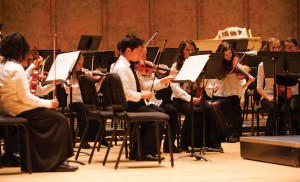 Then the world shut down in March 2020. This put on hold not only Symphony performances, but also its educational offerings. The Education team had to think quickly and creatively to find a way to deliver digital instruction to the over 230 families involved in the Youth Orchestra Program. The solution was online learning built around intimate, interactive presentations by Richmond Symphony musicians, as well as breakout experiences with conductors of each YOP ensemble. Having developed this strategy, the team began to explore the possibility of expanding digital programming and fast tracking plans for a virtual community music school to meet the increased need for access to music education.
Then the world shut down in March 2020. This put on hold not only Symphony performances, but also its educational offerings. The Education team had to think quickly and creatively to find a way to deliver digital instruction to the over 230 families involved in the Youth Orchestra Program. The solution was online learning built around intimate, interactive presentations by Richmond Symphony musicians, as well as breakout experiences with conductors of each YOP ensemble. Having developed this strategy, the team began to explore the possibility of expanding digital programming and fast tracking plans for a virtual community music school to meet the increased need for access to music education.
They began planning for a fall launch, and by July, a pilot program for the Richmond Symphony School of Music was underway. “Our pilot program was essential in preparing for the fall semester,” says Amy Pintea, RSSoM program manager. “We’re so thankful to the 90 youth orchestra students who spent three weeks with us as we navigated this new virtual world. We offered a large ensemble experience in which the students and RSO musicians worked together on a compilation video featuring Mendelssohn’s Symphony No.3, as well as several electives the students could choose from. In addition to testing different video conferencing platforms and running up to 12 virtual rooms simultaneously, the teachers and staff spent this time getting to know our Learning Management System, MusicFirst, as well as numerous music software resources. Our teachers, all RSO musicians, worked tirelessly to engage the students and continually adapted their strategies each week to ensure the students had the best experience possible. At the end of only three weeks, the students’ accomplishments spoke for themselves, and we had a virtual showcase of chamber music, compositions, and the premiere of the Mendelssohn video.”
Pintea says it wasn’t perfect, but they have learned from the process. “We made changes and improvements after every session that we will carry into the fall semester for a smooth launch to the Richmond Symphony School of Music.” 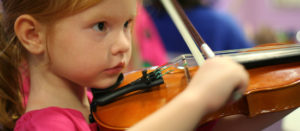
The fall semester will expand on lessons learned from the pilot and make the most of the digital venue, explains Jonathan Sanford, education coordinator. “The Youth Orchestra Program, our flagship program, will continue to engage students virtually for as long as social distancing guidelines recommend. Rather than meeting on stage each week, our ensembles will meet with their conductors through Zoom. This virtual setting allows us to explore music in a deeper way and develop new skills that would not be explored through the regular rehearsal structure. Rather than preparing full symphonic works, conductors will select a collection of excerpts for ensembles to prepare to give students a broader exposure to repertoire. Students will use collaborative tools to demonstrate their playing and receive feedback from conductors and coaches. At the end of the semester we will feature student performances through virtual recitals and listening parties. Additionally, YOP students will have the opportunity to enroll in elective classes to enhance their music exploration. Electives will include Music Theory, Music Composition, and Chamber Music. We have a number of offerings this fall for students who are not a part of the Youth Orchestra as well. We currently offer classes that cover Music Theory, Music Composition, Jazz Improv, and a music history class taught by Titus Underwood of the Nashville Symphony and open to adults, which explores the history of musicians of African descent within classical music.”
This semester is just the beginning for RSSoM. In the future, the team envisions a robust school with both in-person and virtual offerings, taking its place among Richmond’s many fine institutions as a hub of a spectrum of activities, where music education is accessible to all learners and where all styles and traditions of music are valued, respected, and pursued with dedication, passion, and love.
There’s still time to sign up for this semester’s classes, starting October 5. Visit richmondsymphonysom.com to learn more. You can also connect with RSSoM on Facebook, Twitter, and Instagram.


